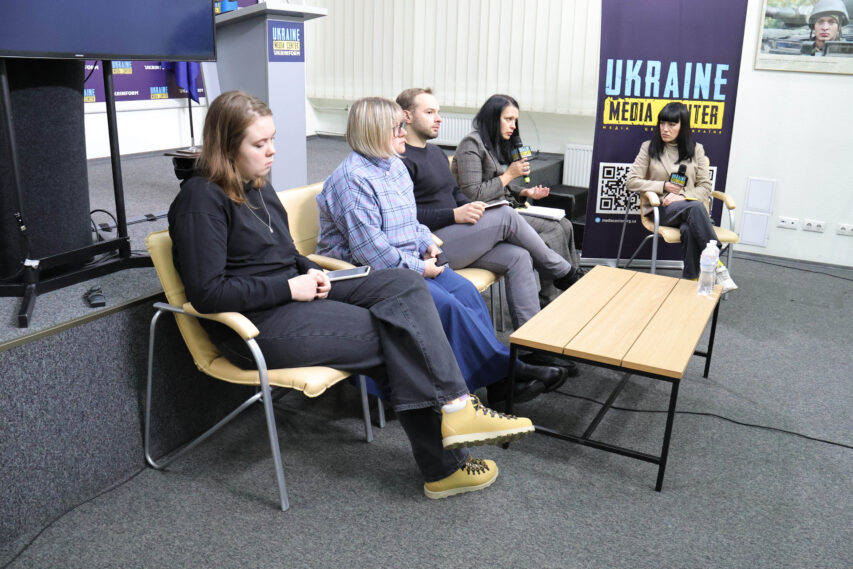
Financial assistance to civilian hostages and their families: how legal norms are implemented and what pitfalls have been observed
According to the Ministry of Reintegration, a total of 462 annual state benefit payments were made in 2022. This is annual monetary aid paid out for a year spent in captivity. Also, there were 1,448 one-time benefit payments, which are made after a person is freed from captivity. In 2023, the numbers were much higher, with 1,957 annual benefit payments and 819 one-offs. This benefit amounts to UAH 100,000 for each year in captivity and UAH 100,000 after release.
In addition to the issue of the amounts of the aid, there are a number of issues connected to receiving these funds.
Anastasia Kalinina, lawyer at CrimeaSOS NGO, made this statement during a discussion at Media Center Ukraine – Ukrinform.
“Of the problems that the people in our focus groups and relatives (of civilian hostages – Ed.) in general talked about, with Crimea, for example, it is actually impossible to receive this money, since it is transferred only to Ukrainian bank cards, and one needs a Ukrainian phone number to apply for them. We have faced such a problem. It used to be impossible to transfer this money to authorized persons, such as family members. Now, in November, amendments have been approved that will hopefully solve this problem, as family members of hostages can authorize another person to receive such money. These are certainly not lawyers, and this remains a problem,” she said.
According to Anastasia Kalinina, proving family ties is also a problem in receiving funds. In particular, due to the fact that many prisoners lived in a civil marriage.
“It used to be possible to prove family ties through the court, but this is a very long and expensive procedure. Now, the law has been amended to include the concept of family members who can receive such assistance and apply for the recognition of the fact of deprivation of liberty. And there is already a concept that confirms that a family lived together. But we will watch, because it will be very difficult, and it will be up to the commission itself, which will also establish these family ties,” the lawyer added.
She also noted that the maximum amount for compensation, which is UAH 53,680, is insufficient.
“If you know what the fees are, for example, for lawyers in russia, it is very little, because they often charge thousands of dollars per month. Often, the commission requires confirmation of such legal services rendered. As far as we understand, it is practically impossible to get documents, for example, from Crimea, and these lawyers who provide these services are at risk. Now, perhaps, there will also be changes, because it was mentioned that it could be any information, but let’s see how it will be implemented,” said Anastasia Kalinina.
In addition, the lawyer noted that cash assistance is actually the only type of assistance that people know about, and they know almost nothing about other possible types of aid.
It’s important to point out that the law on social and legal protection of civilian hostages and their families has been in force for a year. In particular, the law regulates the provision of annual and one-time cash benefits, legal aid payments, provision of temporary housing, educational benefits, etc.
Read more: https://mediacenter.org.ua/news
 Back
Back 